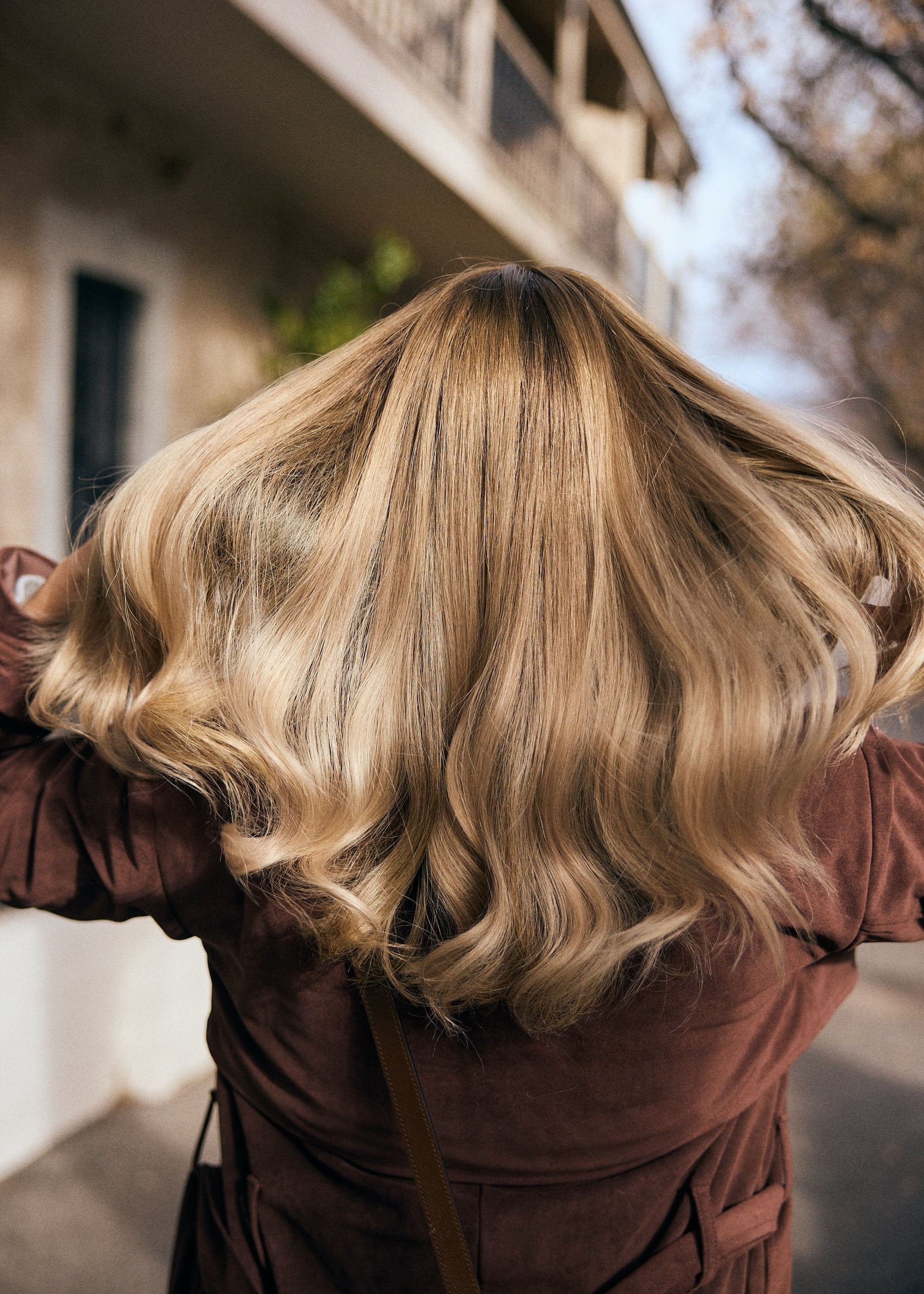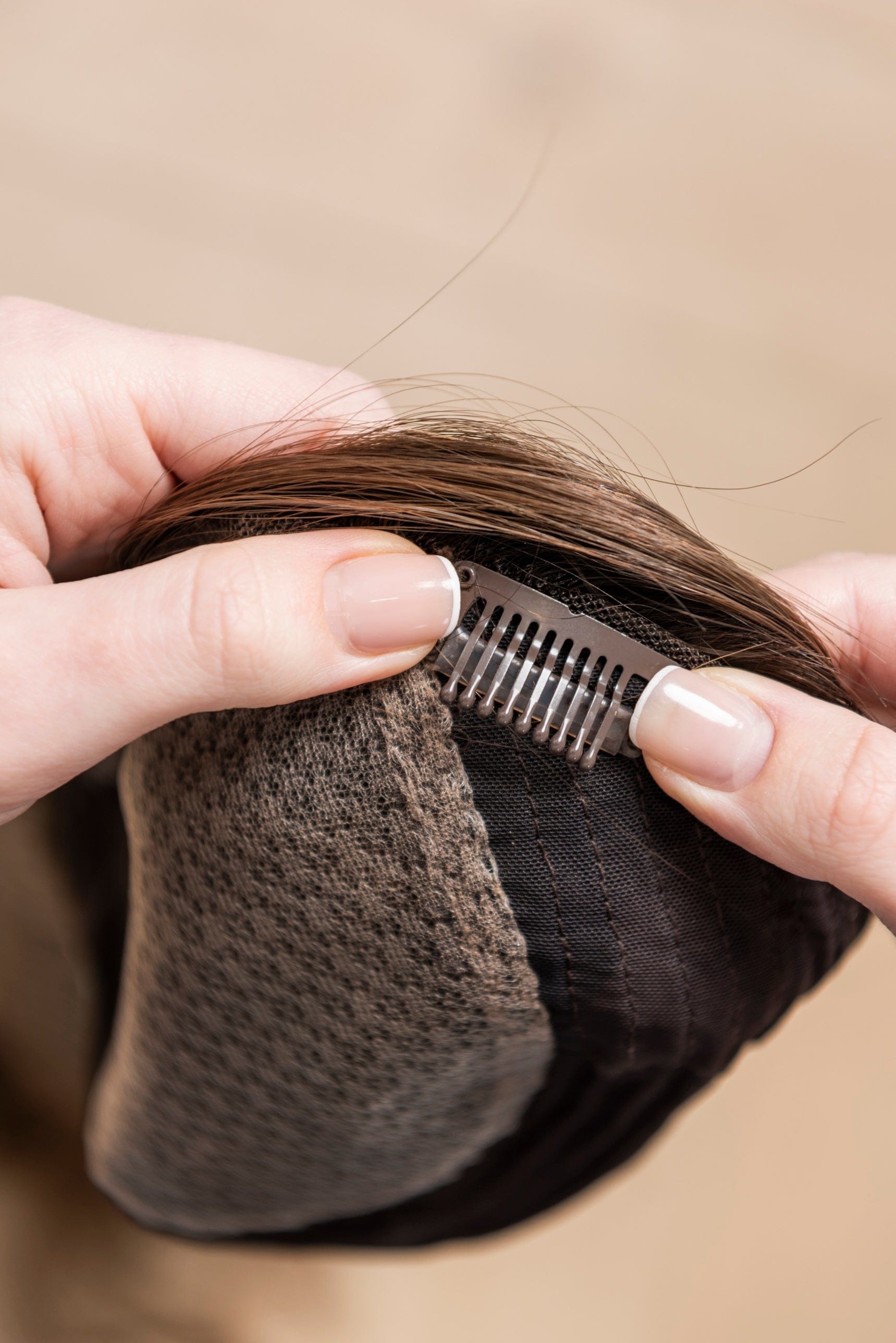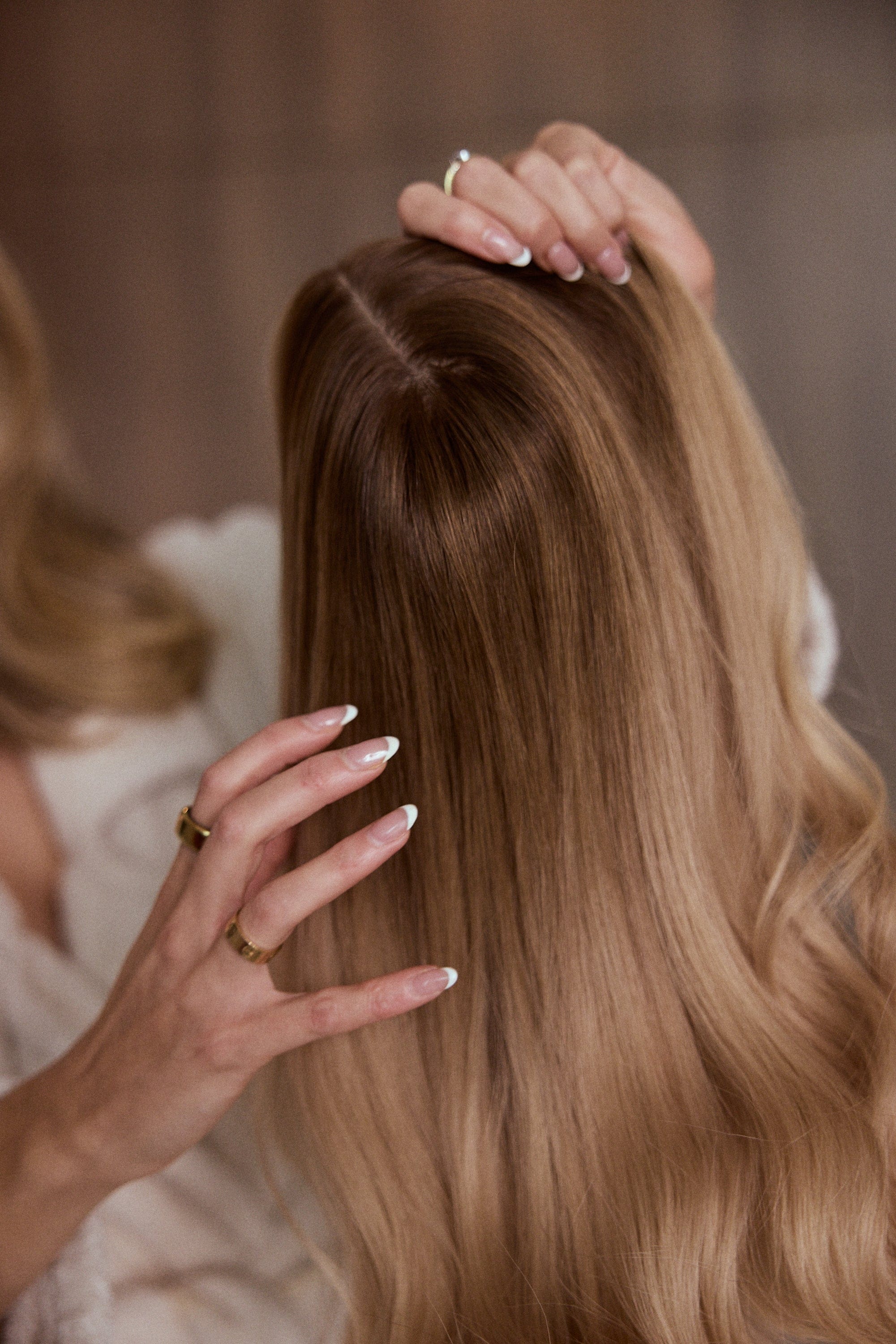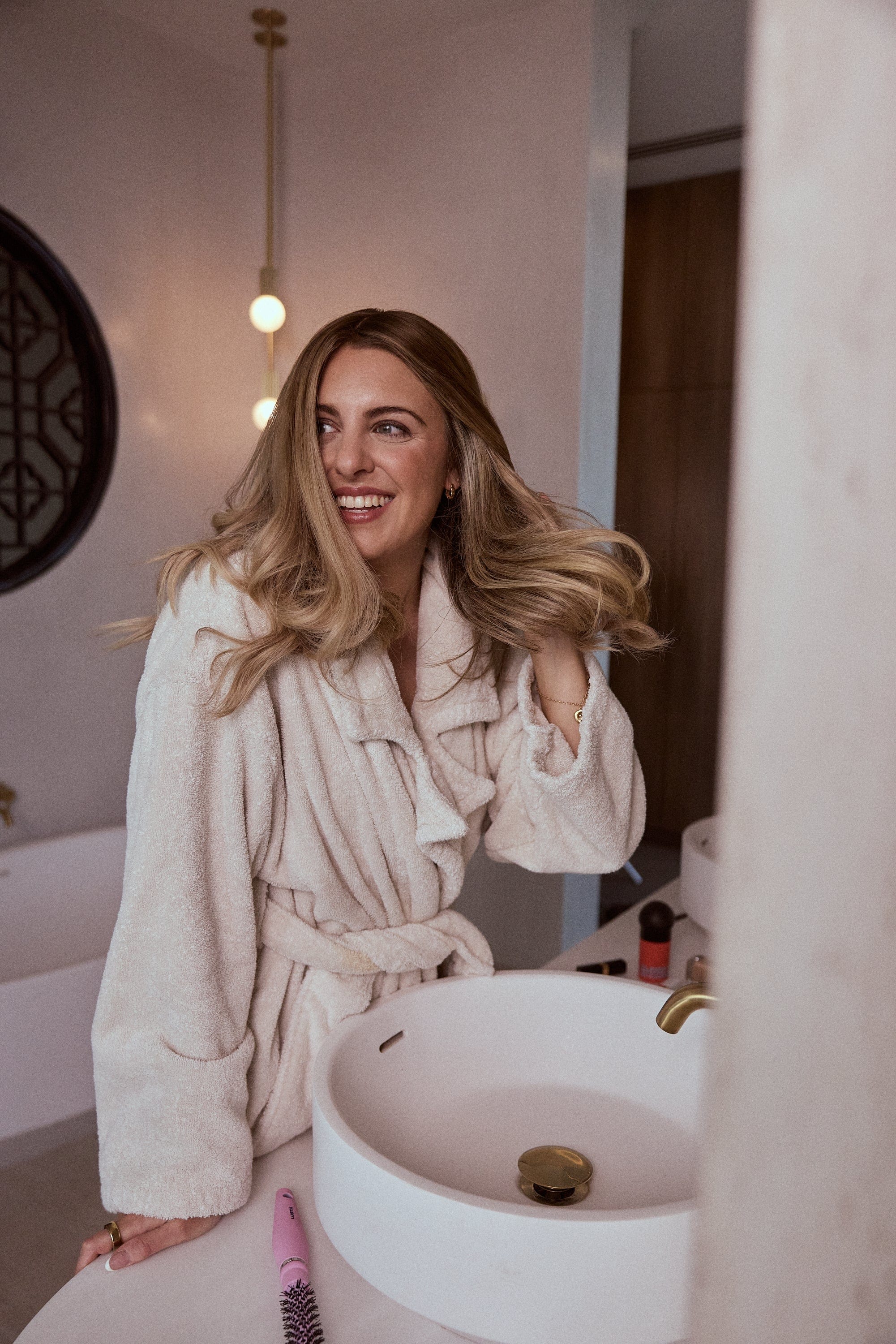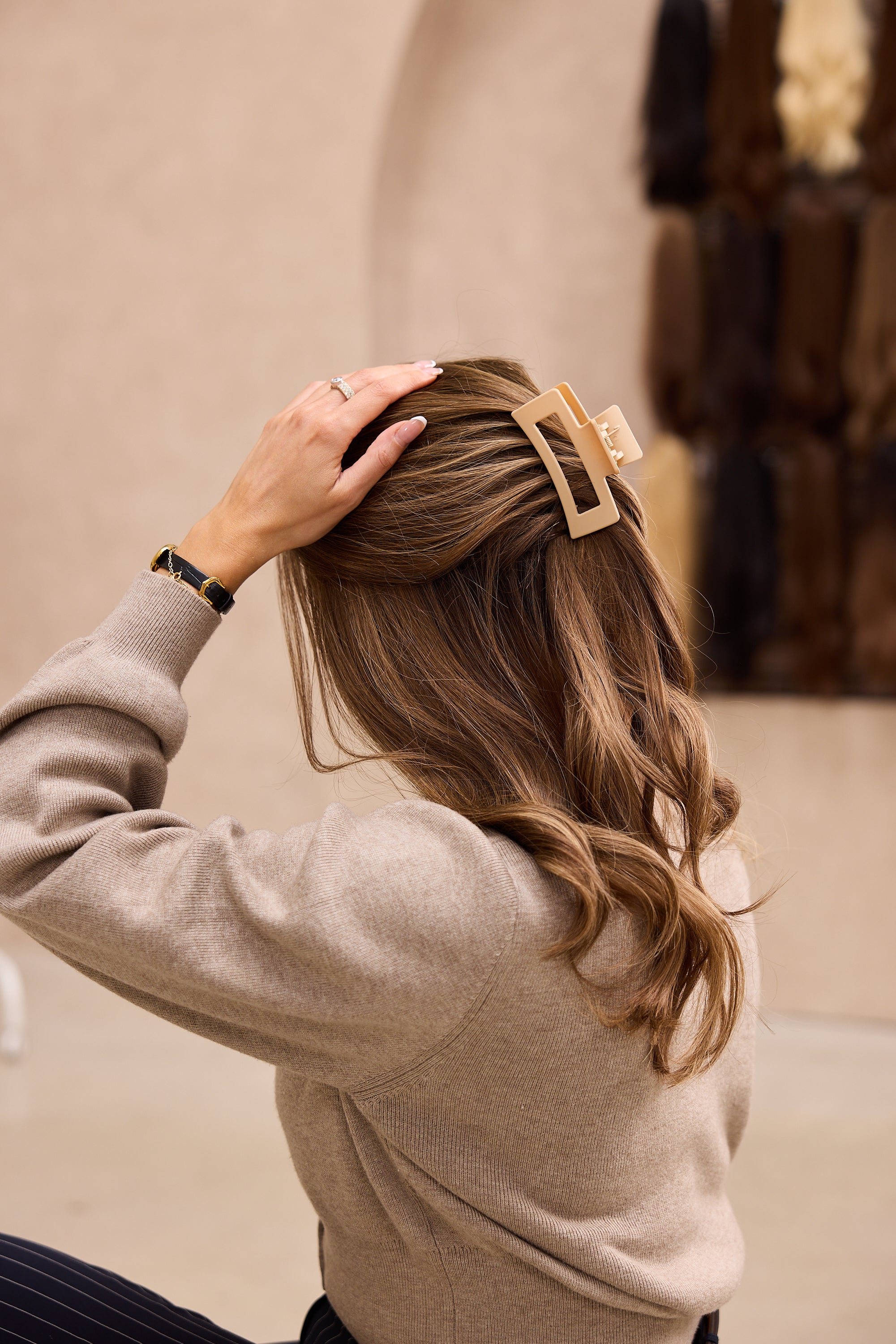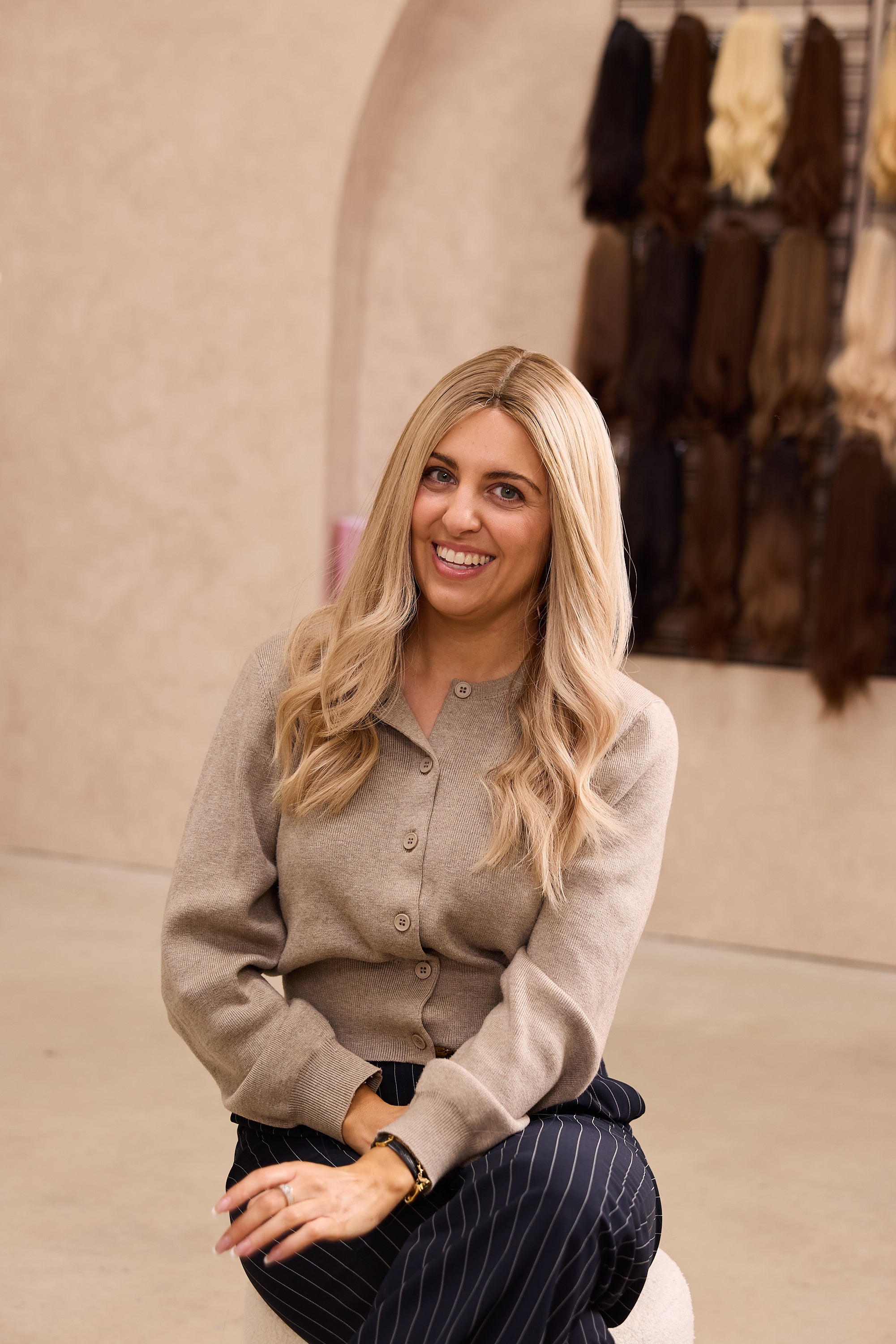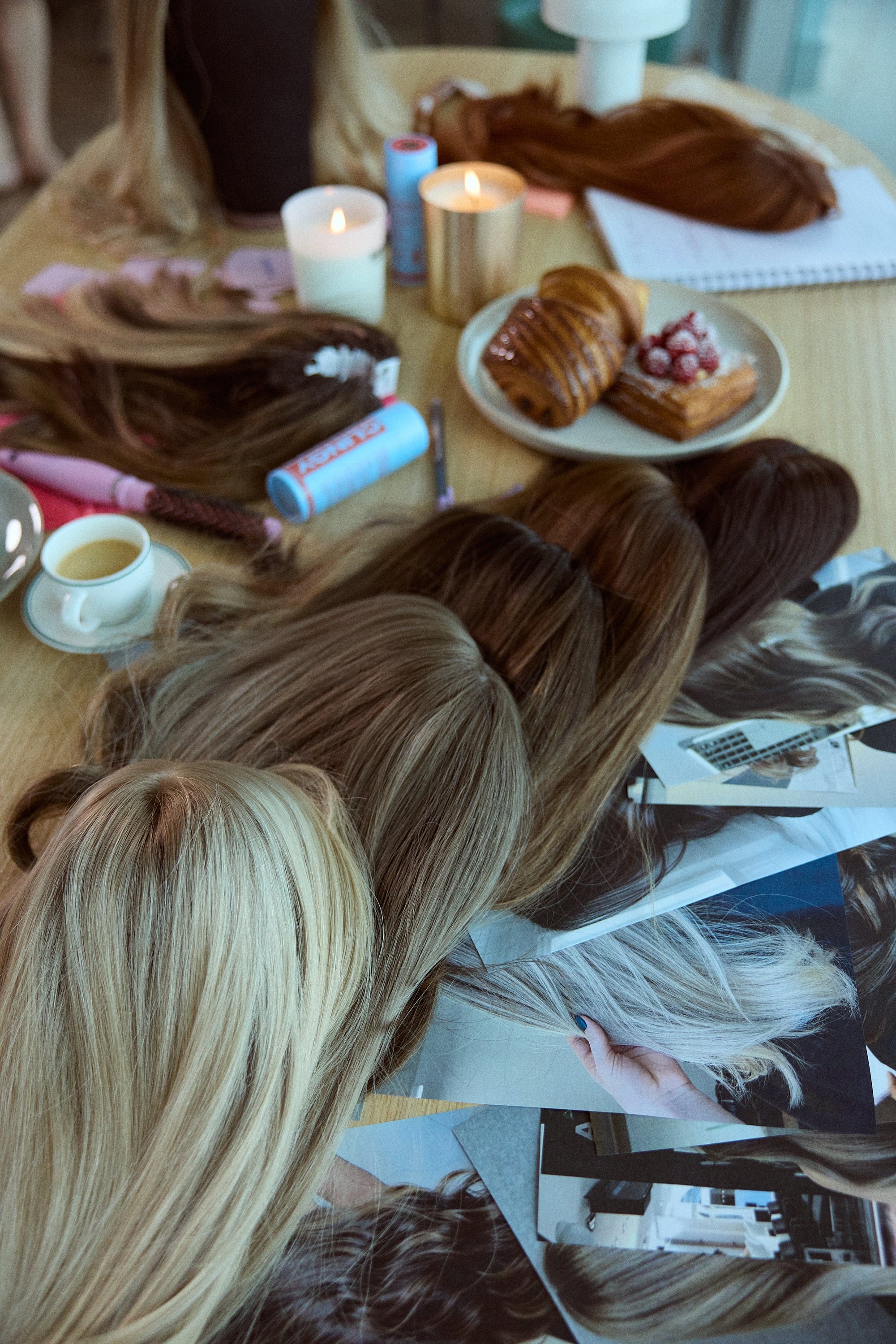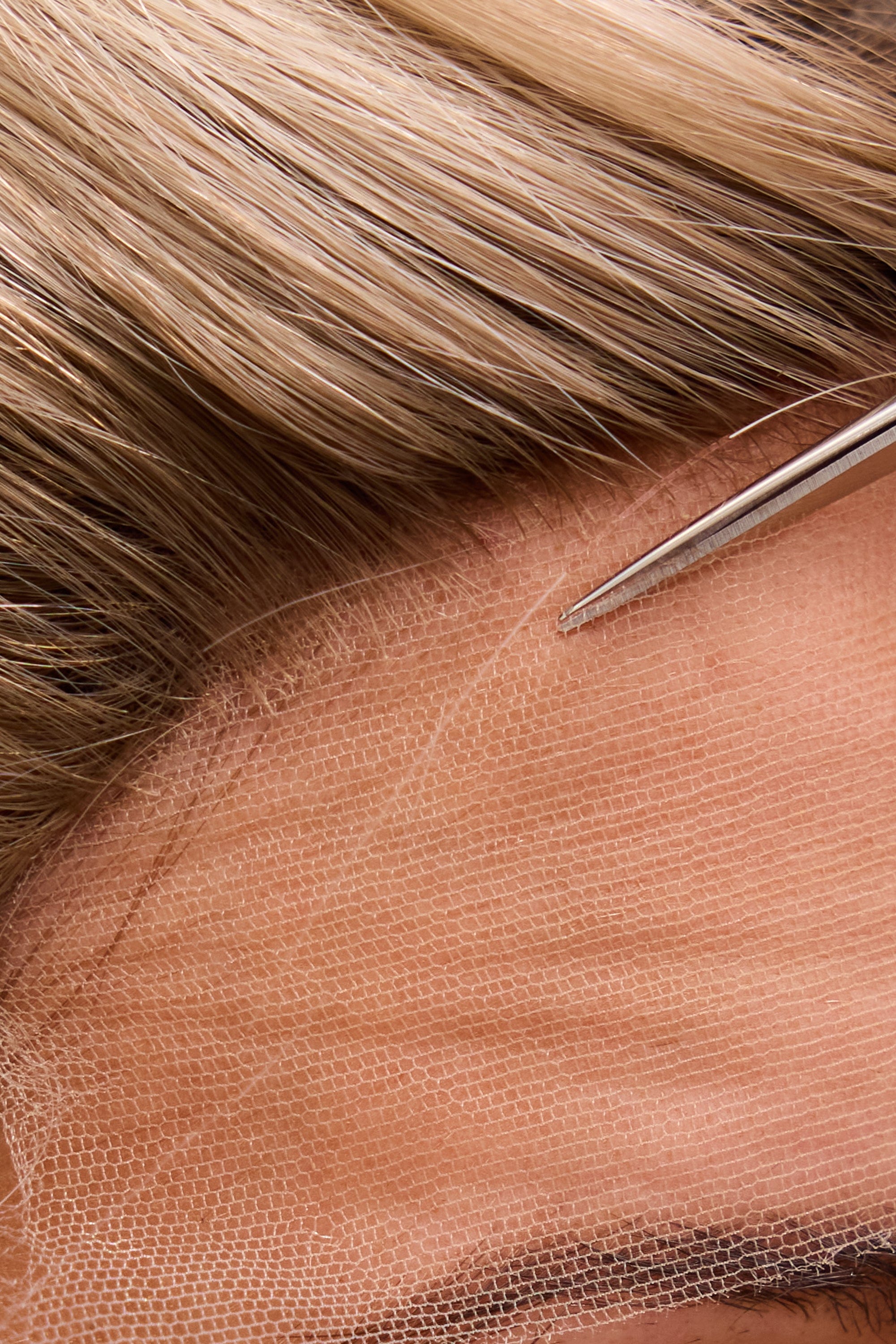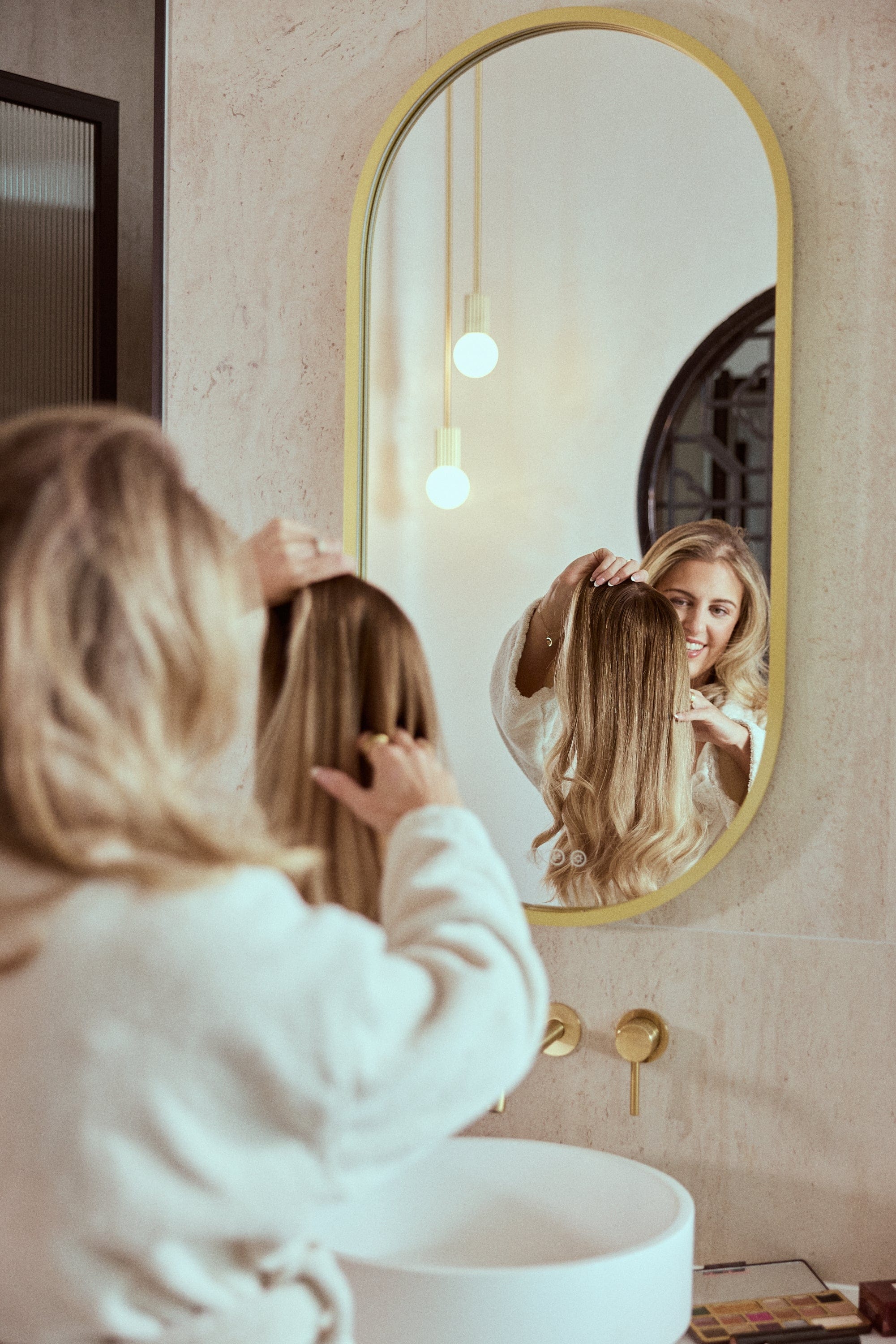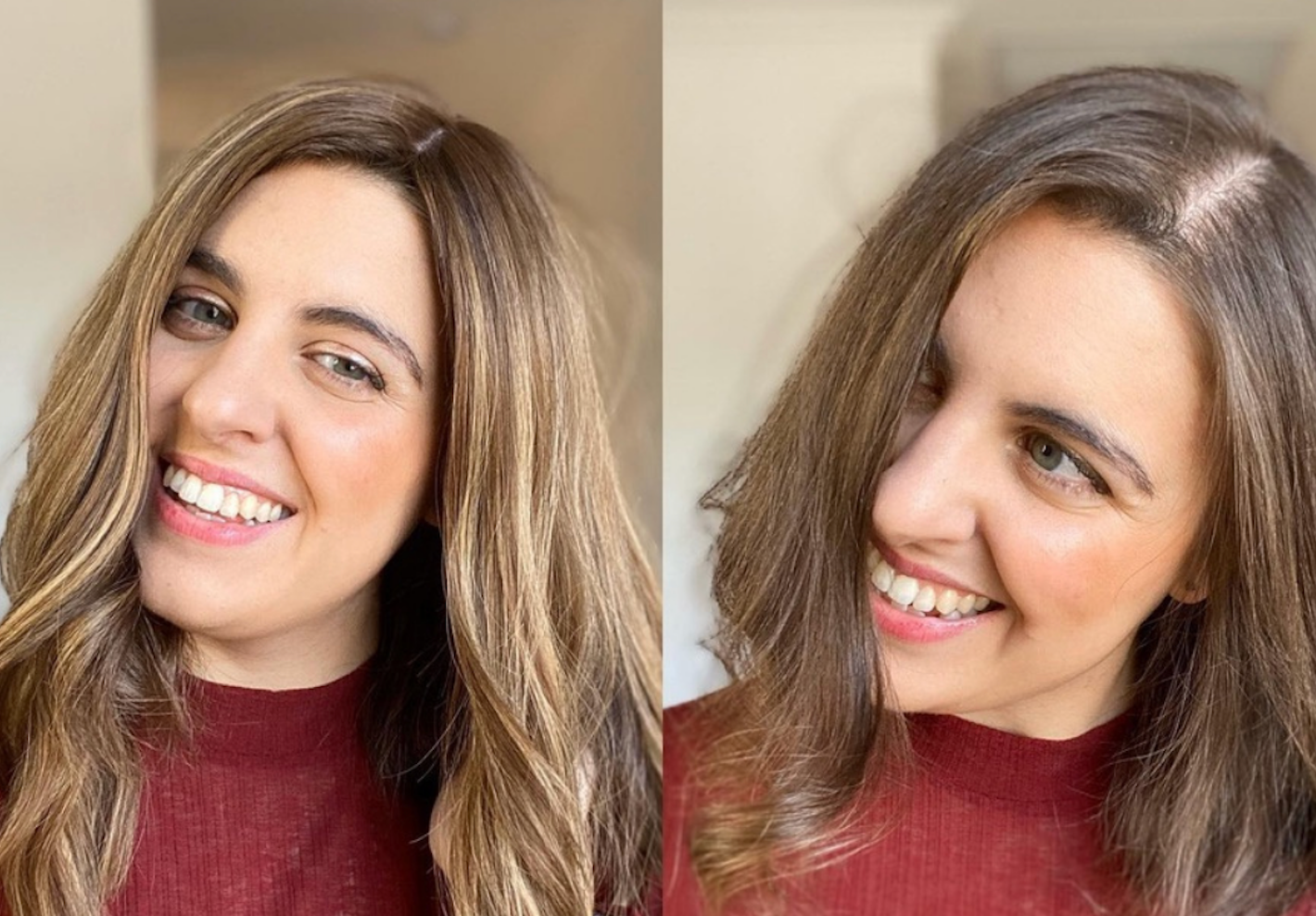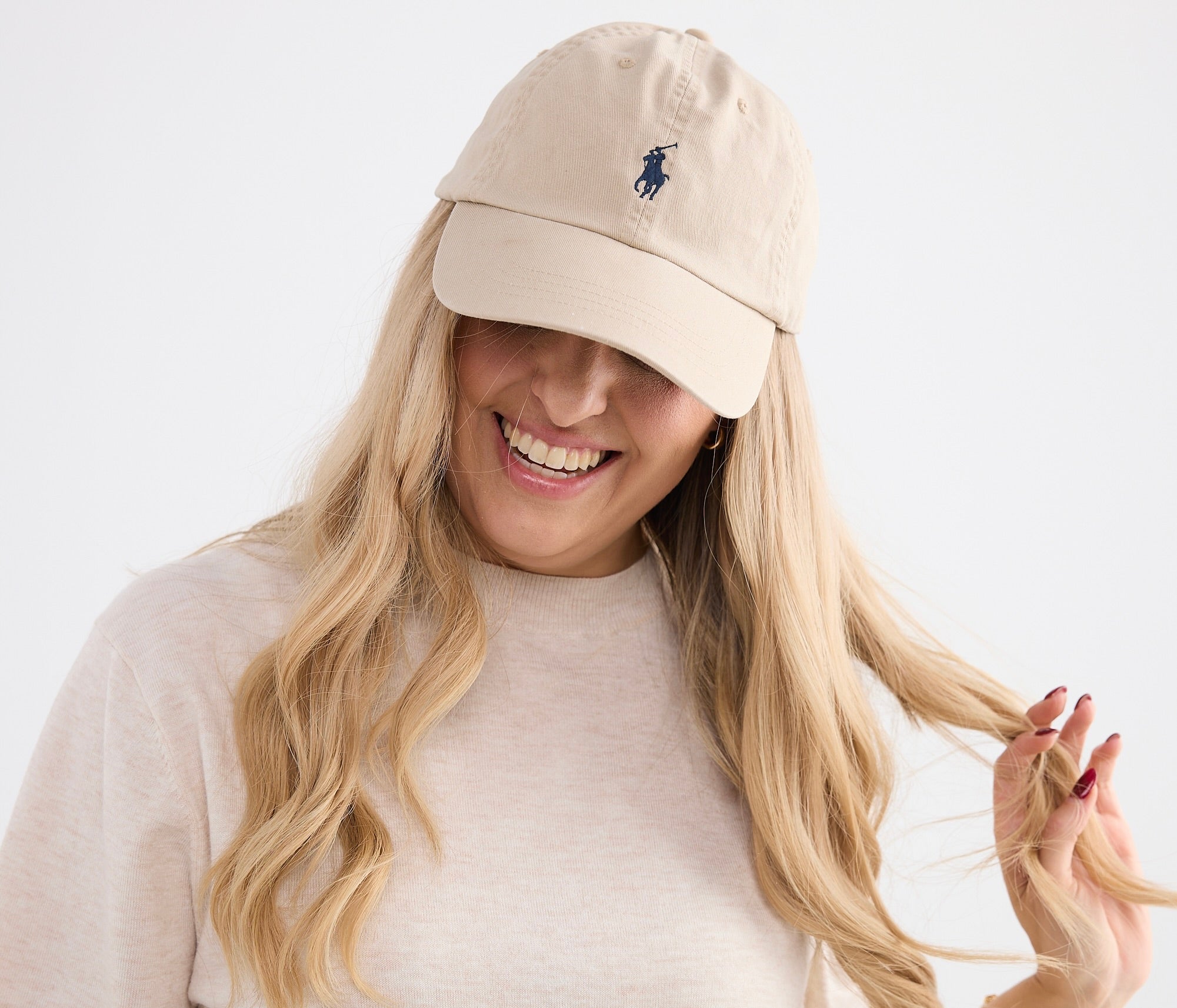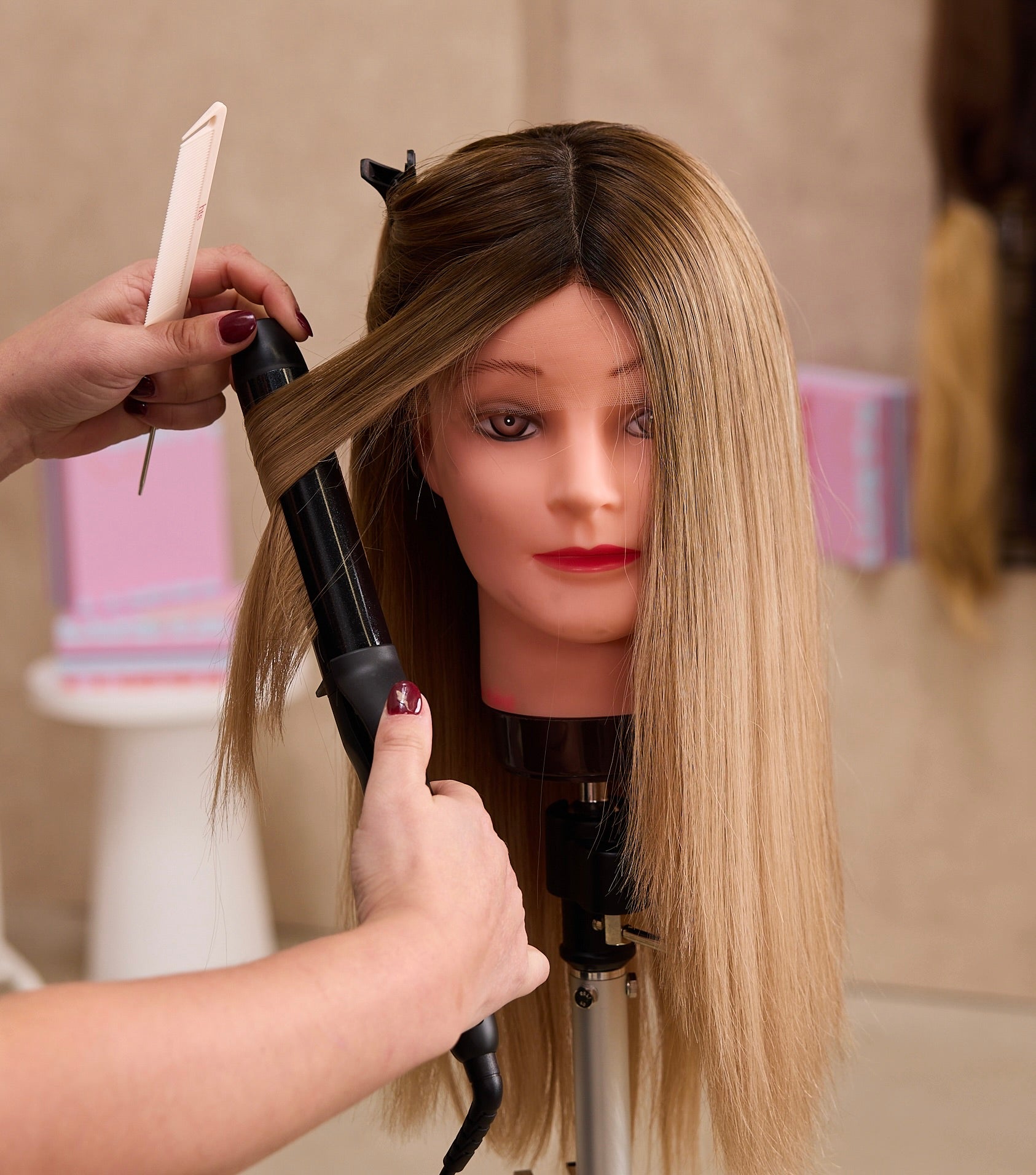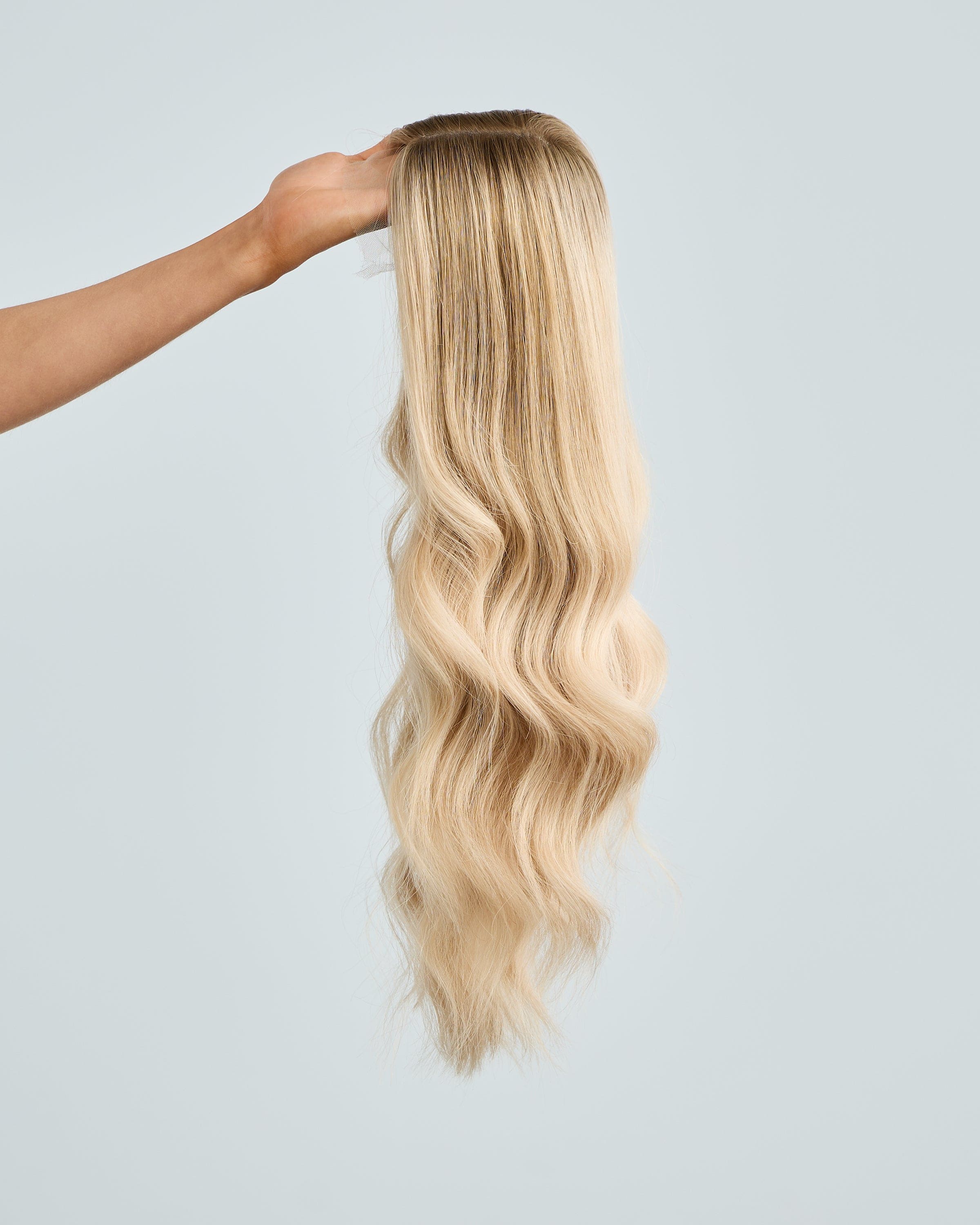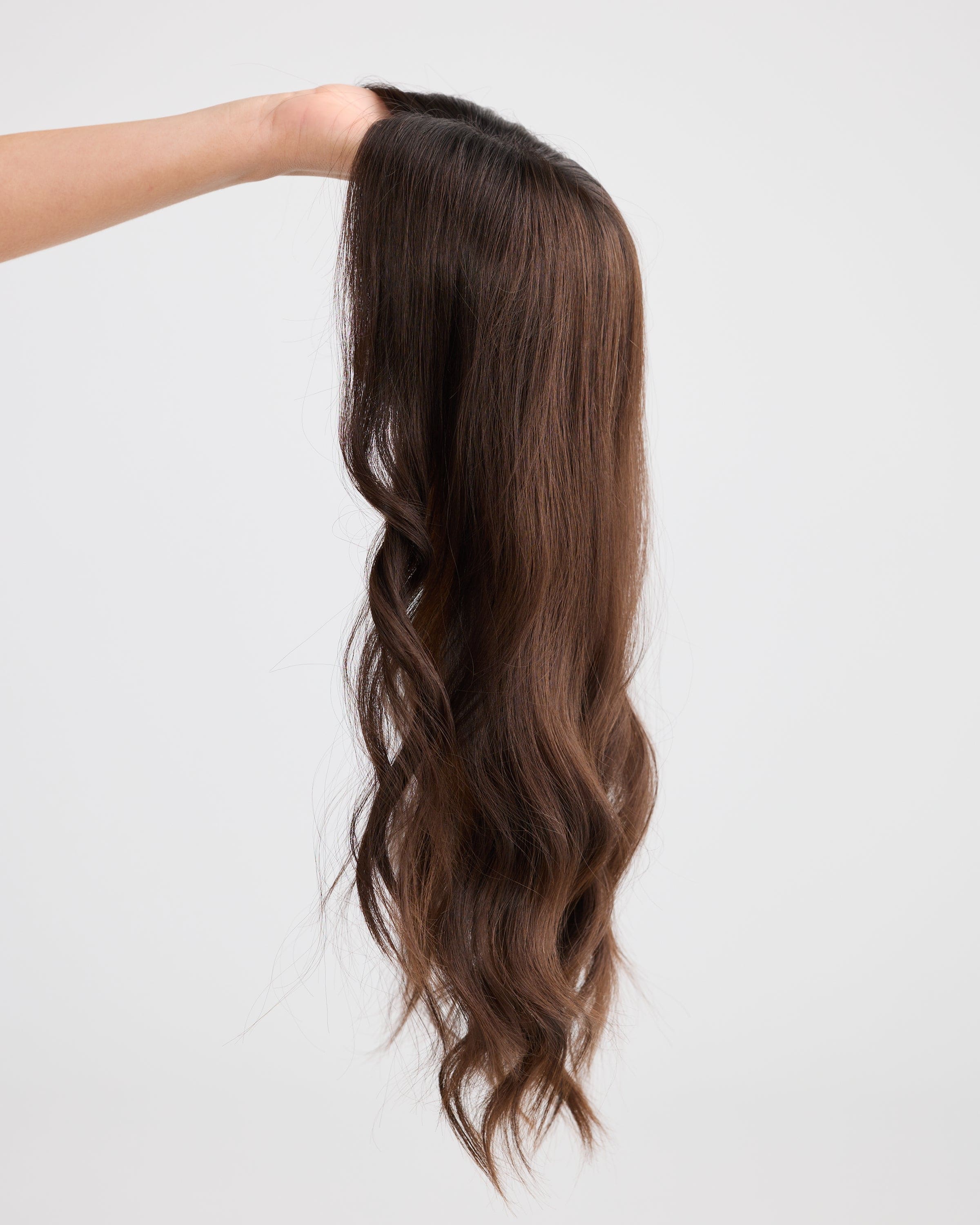Alright, let's get real for a moment. When you first notice your hair thinning, it's a bit of a heart stopper. Trust me, I've been there – staring into the mirror, seeing a different version of myself and feeling overwhelmed. I know you have questions, lots of them, and I’m here to help. So, let's tackle this together.
1. Why Does Hair Loss Happen?
At the core of understanding any problem is knowing the 'why'. Hair loss isn't a one-size-fits-all situation. There are multiple causes:
-
Androgenic Alopecia: Often referred to as male or female pattern baldness. It’s genetic and quite common. For us gals, it typically manifests as thinning predominantly on the top of the head.
-
Alopecia Areata: This one’s an autoimmune condition where your body gets a bit confused and starts attacking its hair follicles. It can result in sudden, patchy hair loss.
-
Other Medical Conditions: From thyroid problems to hormonal imbalances, there are several medical conditions that can mess with your hair. Not to mention certain medications or treatments like chemotherapy.
2. Can You Stop Hair Loss?
Here’s the tricky part: currently, science hasn’t gifted us a magic wand to cure all forms of alopecia. But don't lose hope just yet! Some treatments, like minoxidil, show promise in slowing down hair loss or helping with regrowth for some people. Though, like all treatments, it isn't a guaranteed fix for everyone and has its own set of pros and cons.
3. Is it Permanent Hair Loss?
You've probably seen those posts - "I used X and my hair grew back like magic!" And while it’s tempting to jump on board, it's vital to understand not all hair loss is created equal.
Some people experience Telogen Effluvium, a temporary hair loss condition often triggered by stress, a shock to the system, or hormonal changes (like post-pregnancy). In these cases, hair tends to grow back on its own. So, if someone’s miracle remedy worked for them, it might have been their natural hair cycle doing its thing. Always approach these "miracle" solutions with a pinch of skepticism and a chat with a healthcare professional.
4. Toppers and Wigs: A New Kind of Freedom
When life gives you hair loss, well, why not try on a new look? That's where toppers and wigs step in.
Toppers are like the chameleons of the hair world – blending effortlessly with your existing hair. They cover the top portion of your head, adding volume where you want it most. And wigs? Well, they’re your chance to experiment, be it with length, color, or style.
Opting for toppers or wigs isn’t about admitting defeat. It’s about empowerment, choice, and embracing change.
6. Diet and Hair Health: What's the Connection?
While genetics play a crucial role in hair loss, let's not forget the power of a balanced diet. Nutrients like biotin, iron, zinc, and protein have been associated with hair health. Including foods rich in these nutrients can support hair growth and strength. Omega-3 fatty acids found in fish like salmon or in flaxseeds can also promote scalp health. Before jumping to supplements, always consult with a nutritionist or doctor to ensure you're getting the right dose.
7. The Psychological Impact of Hair Loss
Hair loss is more than just a cosmetic concern. For many, it's tied to identity, self-worth, and self-confidence. Recognizing this emotional toll is essential. If you find yourself struggling, consider seeking support through counseling or therapy. Talking to someone can provide comfort, strategies for coping, and a renewed perspective.
8. Hair Care Routines: Do They Matter?
Certainly! While some types of hair loss aren't influenced by hair care, how you treat your locks can make a difference. Avoid aggressive brushing, frequent heat treatments, and harsh chemical processes, as they can weaken hair. Also, using gentle, sulfate-free shampoos and conditioners can maintain hair health.
9. Embracing Community
You're not alone in this journey. Online forums, support groups, and social media communities can offer invaluable resources, shared experiences, and camaraderie. Sharing stories and strategies can offer reassurance and new perspectives. By joining a community, you can learn from others who've been in your shoes, and even become a beacon of hope for someone else.
10. A Hair Loss Diary
Consider keeping a diary of your hair loss journey. Not only does it provide an outlet for your emotions, but it can also be a practical tool. Track any treatments you're trying, make a note of changes, and document your feelings. This can be helpful when talking with healthcare professionals and deciding on treatments.
11. Finding Inspiration
While hair loss can feel isolating, many celebrities and public figures have opened up about their experiences, offering insights and inspiration. From Tyra Banks to Prince William, their stories remind us that appearance doesn't define self-worth or success.
12. Working Towards Acceptance
Perhaps the toughest part of the journey, but oh-so-important. Accepting hair loss is like navigating a maze of emotions – denial, anger, grief, and finally, acceptance. And it’s okay to feel all these emotions; they’re a part of you.
Coming to terms with hair loss is a personal journey and it takes time. It's alright to mourn the hair you once had. But remember, hair or no hair, you’re still the same incredible person with the same zest for life, the same humor, and the same heart. With time, acceptance doesn't just mean tolerating the change, but embracing and celebrating it.
Hair loss might change how you look on the outside, but it doesn’t change who you are. And whether you choose treatments, toppers, wigs, or just rocking your natural look, do it with confidence. Because at the end of the day, your choice is all about celebrating you.❤️



